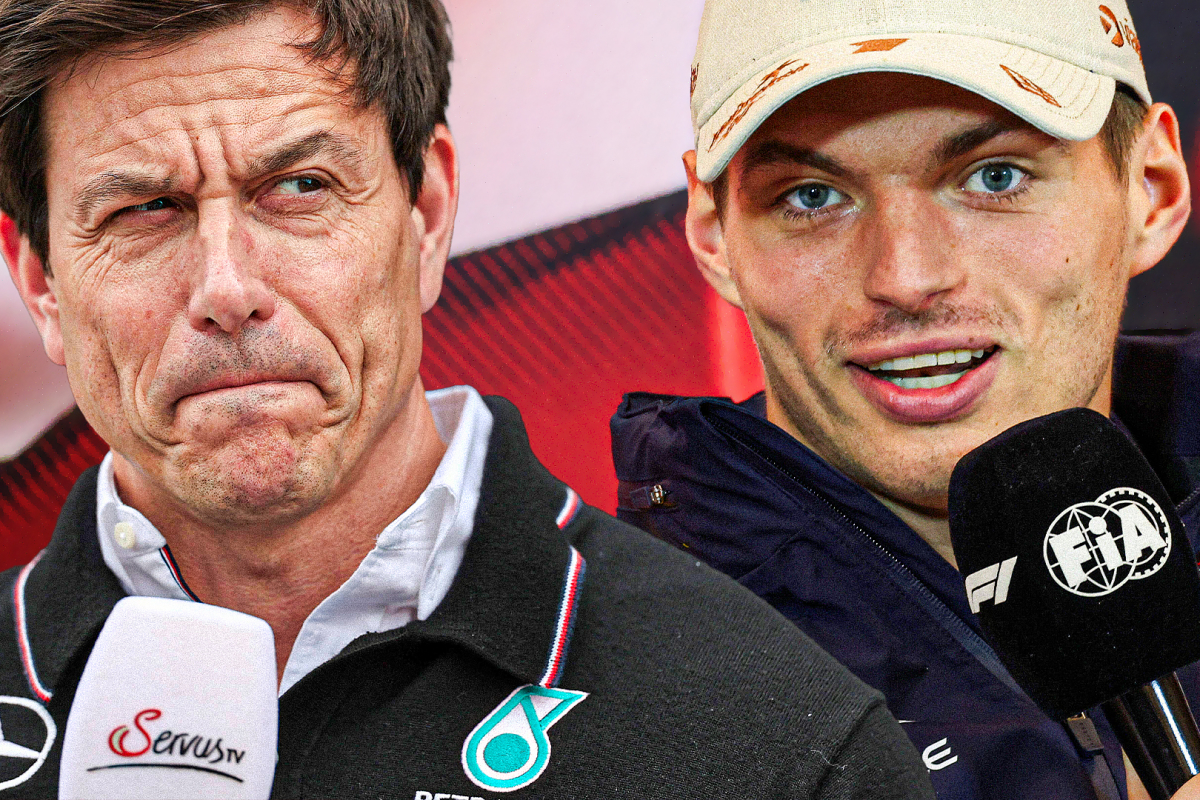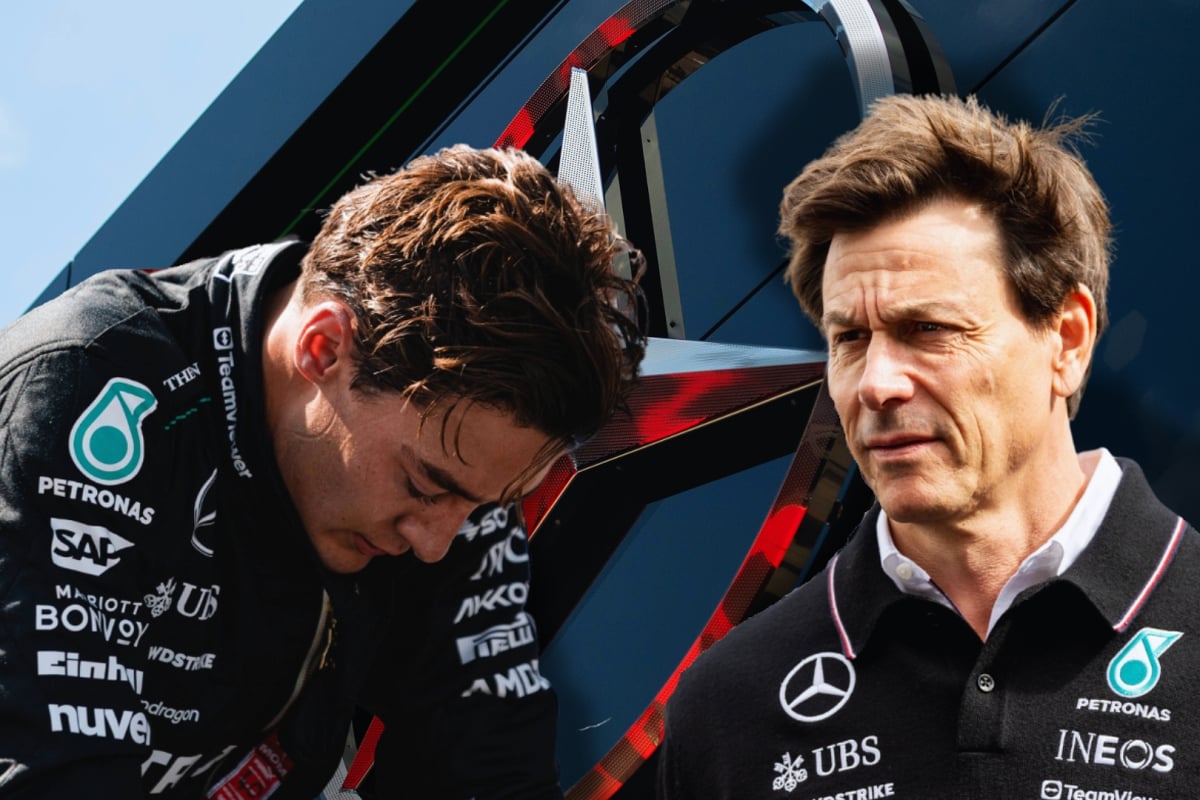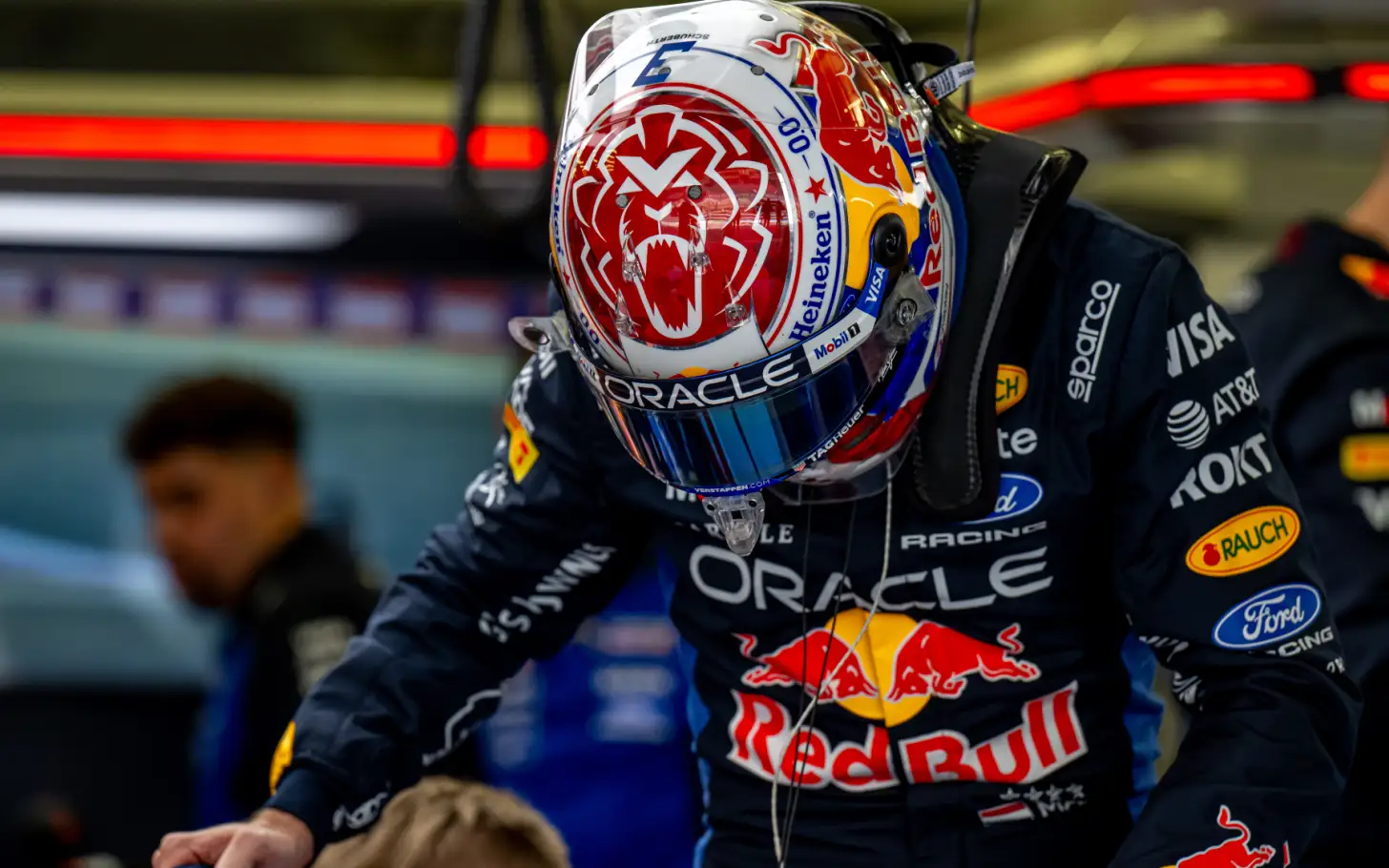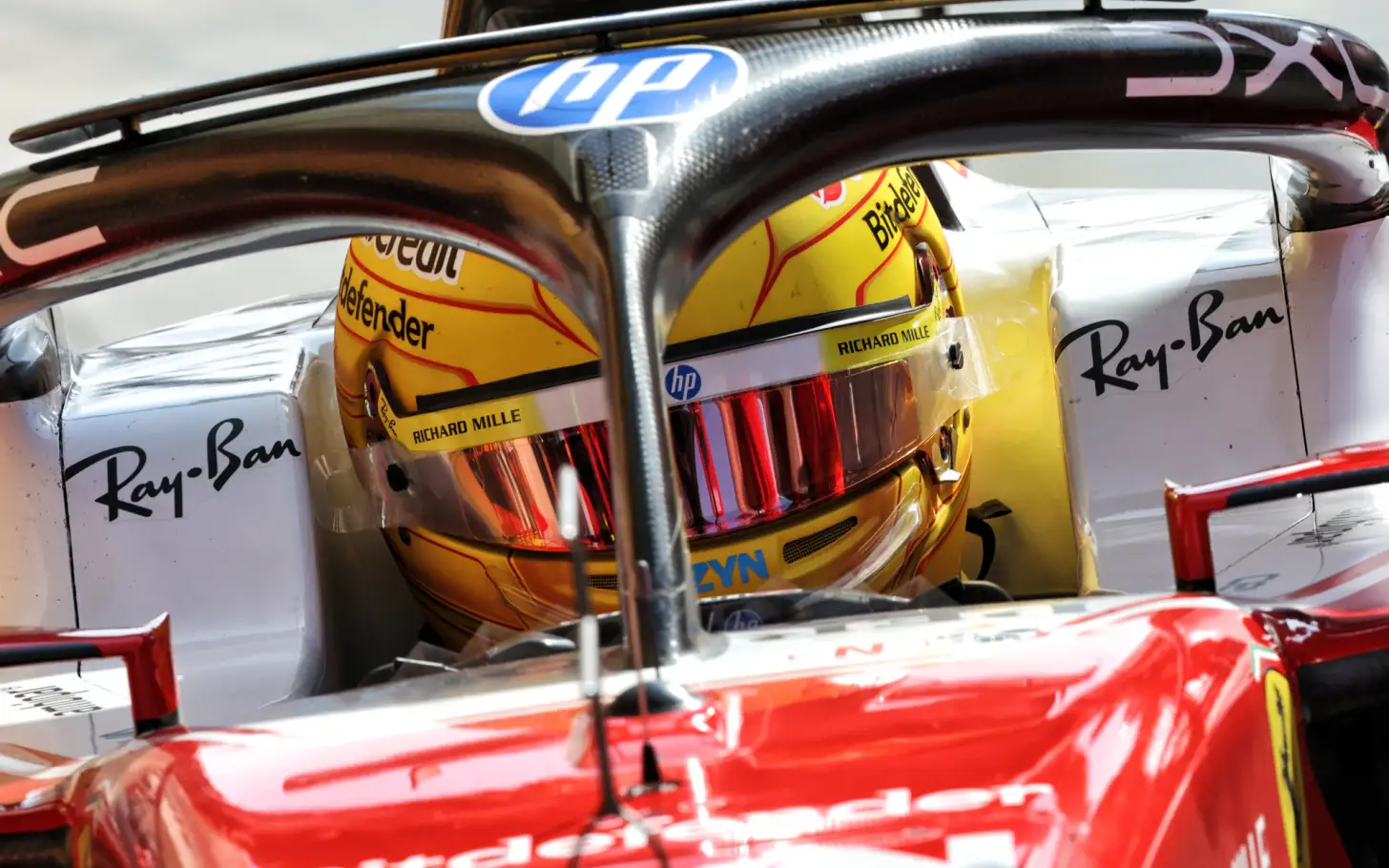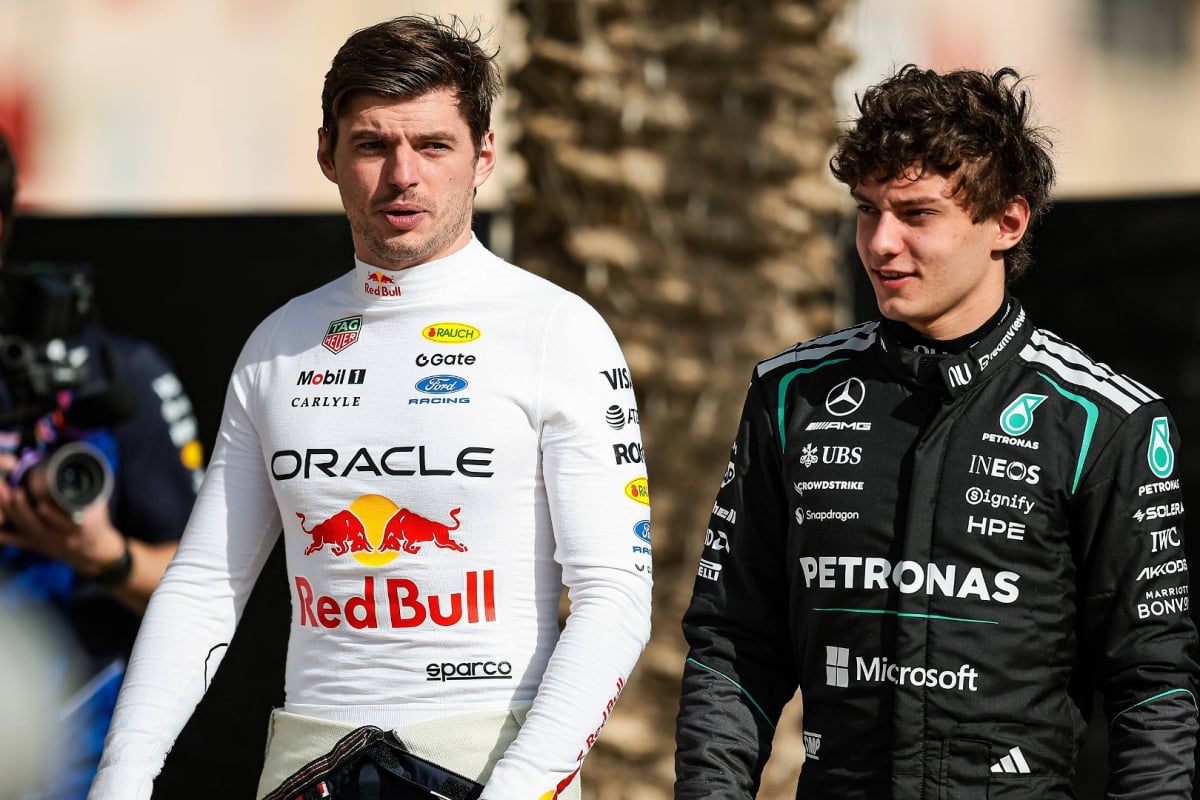Toto Wolff calls for F1 BAN after Verstappen swearing controversy… read more
The controversy surrounding swearing in Formula 1 has taken a new turn, with Mercedes team principal Toto Wolff calling for a ban on certain aspects of driver swearing. The issue has been a topic of discussion in the F1 community, with some drivers and teams expressing their discontent with the FIA’s stance on the matter.
The row began during pre-season testing, when Max Verstappen was investigated for making an X-rated gesture while driving through the pit lane. Although Verstappen escaped punishment, the incident sparked a wider debate about the use of profanity in the sport.
Wolff has now weighed in on the issue, suggesting that while drivers should be allowed to express their emotions, there should be limits on the use of swearing. “I don’t think we should be swearing about officials,” Wolff told media at pre-season testing. “That’s for sure, and that’s why also the FIA needs to protect that. It’s clear.”
Wolff’s comments highlight the need for respect in the sport, not just between drivers, but also between drivers and officials. He emphasized that the use of profanity should not be directed at others, whether it’s a fellow driver, an official, or a team member.
The Mercedes team principal also drew a distinction between the use of swearing in the heat of the moment, and the use of profanity in a more deliberate and directed manner. “It makes a big difference whether you use the F-word in the context of your own driving or out of emotion,” Wolff said. “But when it is directed in the car to another driver, to an official or to your team, I think this is what we need to prohibit.”
Wolff’s comments are likely to spark further debate in the F1 community, with some drivers and teams likely to agree with his stance, while others may argue that the use of profanity is an inherent part of the sport.
The issue is complex, and there are valid arguments on both sides. On the one hand, drivers should be allowed to express their emotions and frustrations, particularly in the high-pressure environment of F1. On the other hand, the use of profanity can be seen as unprofessional and disrespectful, particularly when directed at others.
Ultimately, the FIA will need to weigh in on the issue and provide clear guidance on what is and is not acceptable. Wolff’s comments are a useful contribution to the debate, and highlight the need for respect and professionalism in the sport.
As the 2025 season gets underway, it will be interesting to see how the issue of swearing in F1 continues to evolve. Will the FIA take a tougher stance on the use of profanity, or will drivers be given more latitude to express themselves? One thing is certain, however: the debate is far from over, and we can expect to hear more on this topic in the weeks and months to come.
In conclusion, Toto Wolff’s comments on the issue of swearing in F1 have added a new layer of complexity to the debate. While drivers should be allowed to express their emotions, there are limits to what is acceptable, particularly when it comes to directing profanity at others. The FIA will need to provide clear guidance on the issue, and it will be interesting to see how the debate continues to evolve in the coming weeks and months.
